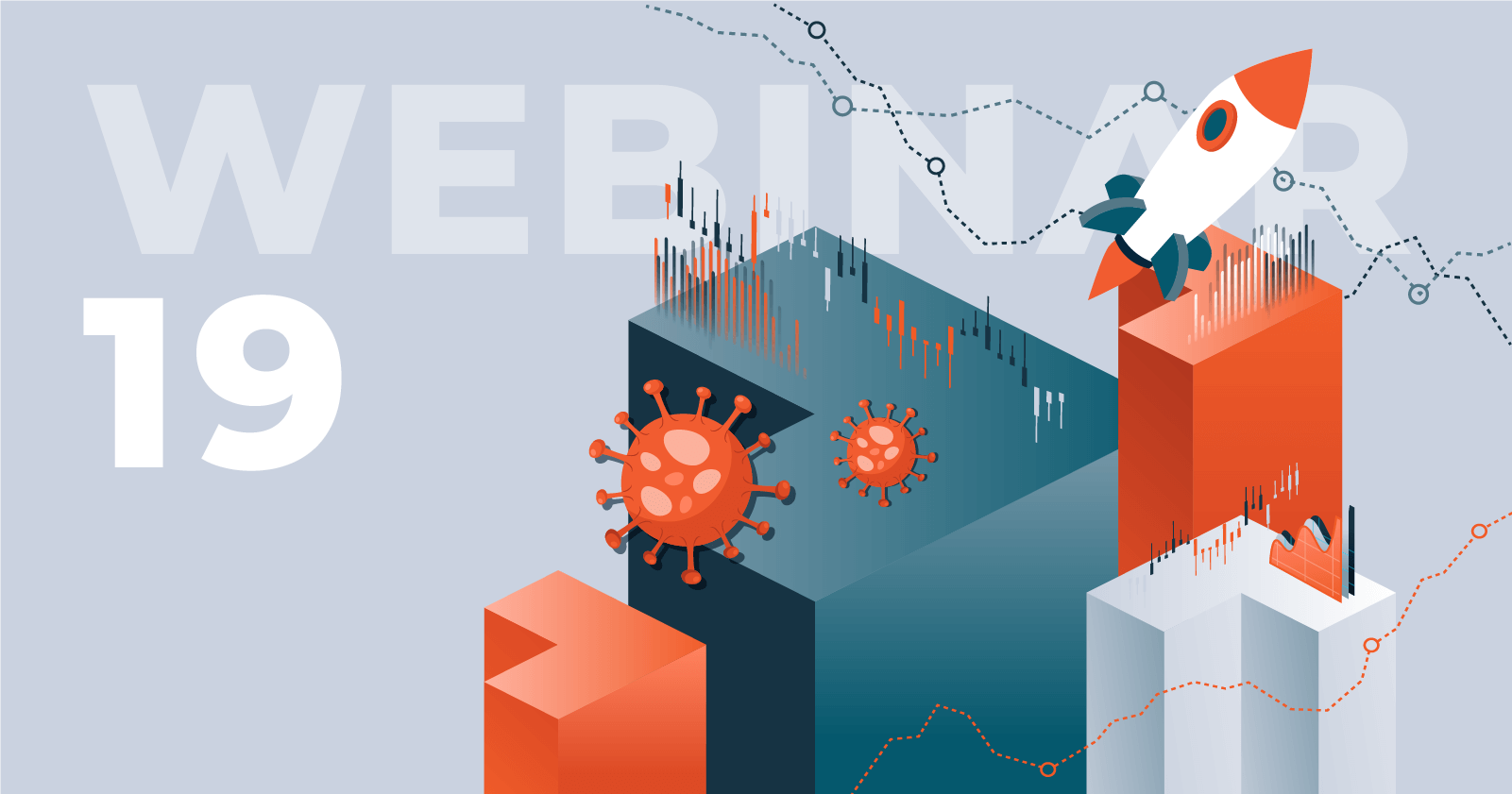Smart Kiosks Enter the Urban Landscape (Part 2)
Ed Maguire


Last week we introduced a growing Connected Industry product segment – smart kiosks.
We interviewed Erwin Rezelman, former President of CIVIQ Smartscapes, one of the partners behind New York City’s LinkNYC smart kiosk initiatives to gain some deeper perspective on the market.
The long-term vision for smart kiosks is to provide a way to consolidate all smart street functions – beacons for self-driving cars, parking meters, bus tickets – any service a citizen may need. The devices provide free WiFi, can help provide real-time updates on traffic with a radar system that monitors activity, and will be adding sensors for local micro-climate information such as pollen count and more. The real value in smart kiosks like the LinkNYC system is they are everywhere in the city, and they do not rely on people’s devices to anonymize.
According to Rezelman, the value for kiosks is better in larger cities because of advertising rates. LinkUK will be rolling out several different solutions in London. Over time smaller cities will benefit from miniaturized technology and declining hardware costs. The phone companies – Verizon, ATT, Google, and Apple are all looking at ways that smart kiosks can enhance their business models.
Creating value from integrated data
Cities want to have an open platform with a broader range of solutions that can be integrated around core infrastructure. Most cities currently collect data from their projects in isolation – they don’t integrate and analyze all of the information collected from different sources. Better data management is the key to higher value. In the case of traffic management and parking, 30% of cars on the road may be driving around looking for parking. A 5 or 10-minute delay somewhere in the city can determine if the Lincoln or Holland Tunnels are passable – or not – and the ability to provide dynamic rerouting can be hugely valuable. To deliver a complete solution, cities need real-time traffic, weather, Presidential visits, information about parking garages and more. A solution that updates in real time is key, and integrating the data is essential.
Intelligence will become embedded in cities
Rezelman believes that the type of fixed kiosks that LinkNYC is offering are a temporary solution. Over time, data collection and smart services will become invisible – there will be sensors around the city embedded in fixtures everywhere and there will be ways to aggregate and interpret the data. Over time, cities can create new business models based on the data collected from the sensors in smart kiosks and elsewhere and this is another way of raising funding for smart kiosk projects. Rezelman believes that health care companies will pay for pollen count data from cities to inform consumer and reduce health care costs. Fedex and UPS would be interested in the latest traffic data – these delivery services want a corridor to operate in– their trucks need a network of traffic information.
The Soofa Bench
Companies like Soofa (which Momenta Partners recently invested in) are pioneering a new type of data collection device. Soofa’s smart park benches and core units run on solar power and do not require a lot of infrastructure. Some of the early deployments in Boston and in Oak Brook, Illinois are helping cities by measuring pedestrian traffic in their parks and public spaces, helping them better manage the services for citizens and visitors.

The Soofa Bench. Source: Soofa
Sandra Richter, Soofa CEO, sees the company’s smart kiosks as a platform for cities that combines IoT with a consumer facing value proposition. The bench itself was showcased at the White House for President Obama – and the company sees it as an iconic device for smart cities. In contrast to brand-controlled smart kiosks built with hidden sensors Soofa was conceived to be a communication platform for people with a beautiful design and vertical integration.
Soofa in essence enables real-life social networks, enabling people to sit down, charge their phones and have a conversation. This approach sees the interface of the city as “human first." Soofa also enables cities to deploy sensors in a plug and play fashion with an agile deployment methodology to enable changes in solar panels for instance. The sensor data can be provided to mayors’ offices and urban planners to detect abnormalities in the environment. What’s unique about Soofa is that a brand that’s consumer oriented, that collects data that is really useful to cities.
With the broad range of technologies, partnerships and business model innovation required to deliver on the vision for smarter cities, we at Momenta Partners are working across the ecosystem to advance the long term vision. There are still challenges integrating data from multiple sources – standards need to be developed and the Connected Industry must continue to mature. For the foreseeable future, partnerships are essential to build new sources of value for our evolving cities.
Contact Us to learn more about smart kiosks and their market opportunity, or any of our IoT Thought Leadership capabilities via Momenta Insights.



